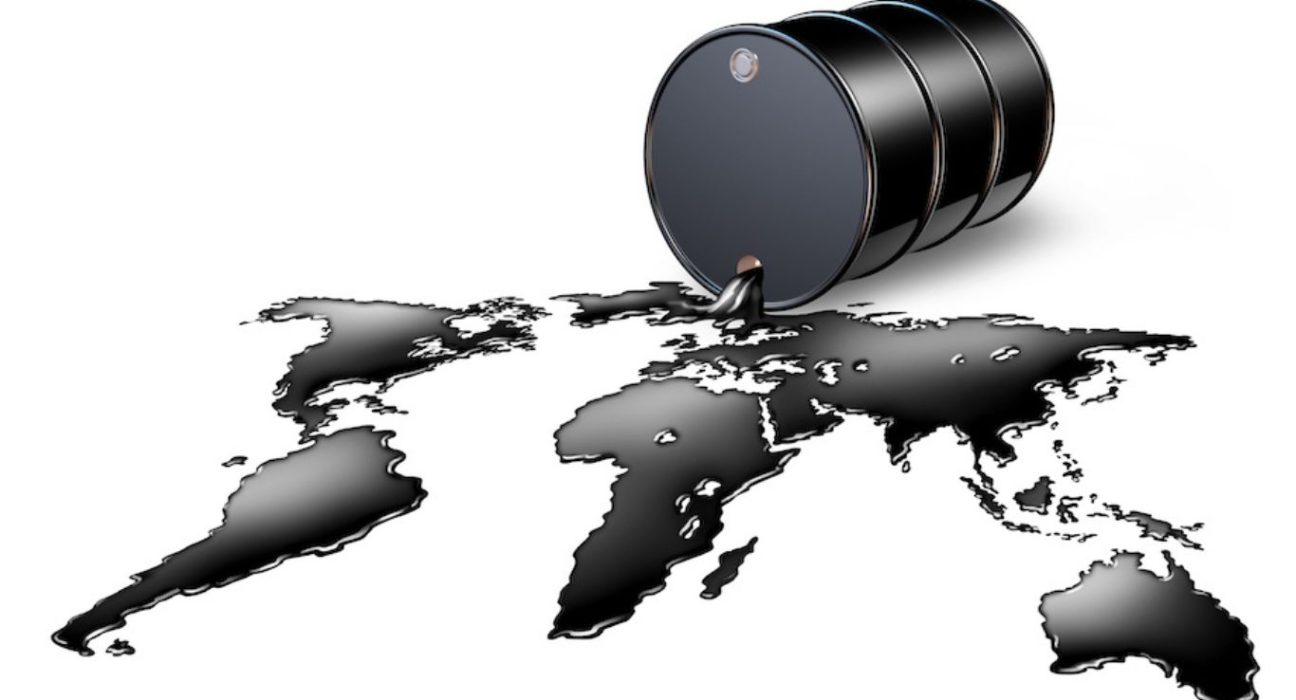Introduction:
The global crude oil market is experiencing a significant surge in prices, propelled by the anticipation of a debt deal in the United States. This development has garnered the attention of investors and analysts, who are closely monitoring the implications for the oil market and the broader economy. In this article, we delve into the factors driving the rise in crude oil prices and provide insights into the potential consequences for various stakeholders.
The US Debt Deal and Its Impact on Crude Oil Prices
The US government’s progress toward reaching a debt deal has created a sense of optimism in the market, leading to a notable increase in crude oil prices. The negotiations and the potential resolution of the debt ceiling issue have instilled confidence among investors, resulting in heightened demand for oil and driving prices upward.
The debt deal is expected to stimulate economic growth and stability, which in turn bolsters the demand for crude oil. As the largest consumer of oil globally, the US plays a pivotal role in influencing oil prices. The potential resolution of the debt issue will likely lead to increased economic activity and energy consumption, thus supporting higher oil prices.
Geopolitical Factors and Supply Concerns
In addition to the US debt deal, geopolitical factors and supply concerns are contributing to the rise in crude oil prices. Ongoing tensions in key oil-producing regions, such as the Middle East, have created uncertainty regarding future supply levels. Any disruptions to oil production or transportation routes in these regions can have a significant impact on global oil prices.
Furthermore, supply concerns arise from other factors, including production limitations and inventory levels. OPEC+ decisions regarding output adjustments and their compliance with production quotas are closely monitored by the market. Any unexpected shifts in production volumes can result in price fluctuations, as supply and demand dynamics adjust accordingly.
Market Speculation and Investor Sentiment
Market speculation and investor sentiment also play a crucial role in shaping crude oil prices. Investors closely analyze economic indicators, market trends, and geopolitical developments to make informed decisions regarding oil investments. Speculative activities and investor sentiment can create fluctuations in oil prices, amplifying market volatility.
Additionally, financial institutions and hedge funds engage in oil futures trading, further influencing price movements. Speculative positions taken by these market participants can exacerbate price swings, as they seek to capitalize on short-term market dynamics.
Implications for the Global Economy
The rise in crude oil prices has broad implications for the global economy. Higher oil prices can impact various sectors, including transportation, manufacturing, and consumer goods. Increased energy costs can strain businesses and households, potentially leading to higher prices for end consumers.
Moreover, elevated oil prices can affect inflation rates, as energy costs are a significant component of the consumer price index. Central banks and policymakers closely monitor oil prices as part of their monetary policy decision-making process. Higher oil prices may influence interest rates and monetary policy measures aimed at controlling inflation.
Conclusion:
The surge in crude oil prices, driven by the progress toward a debt deal in the US, underscores the interconnectedness of the oil market with the global economy. Geopolitical factors, supply concerns, market speculation, and investor sentiment all contribute to the volatility of oil prices. Stakeholders across various sectors should closely monitor these dynamics and adapt their strategies accordingly. As the situation unfolds, it remains essential to consider the long-term implications of oil price movements on economic growth, inflation, and overall market stability.










